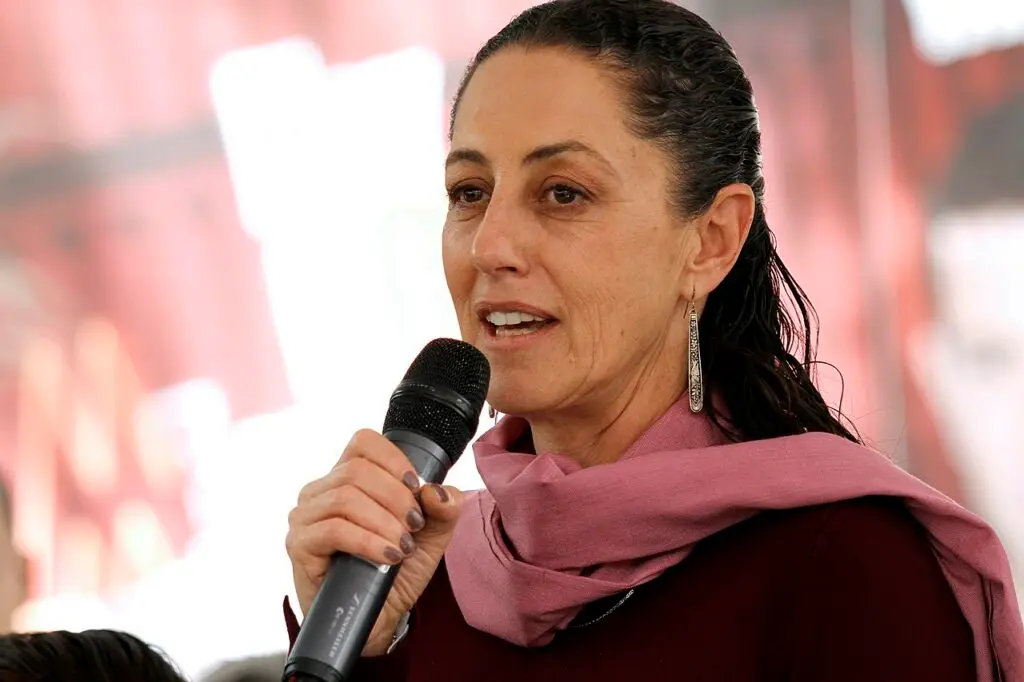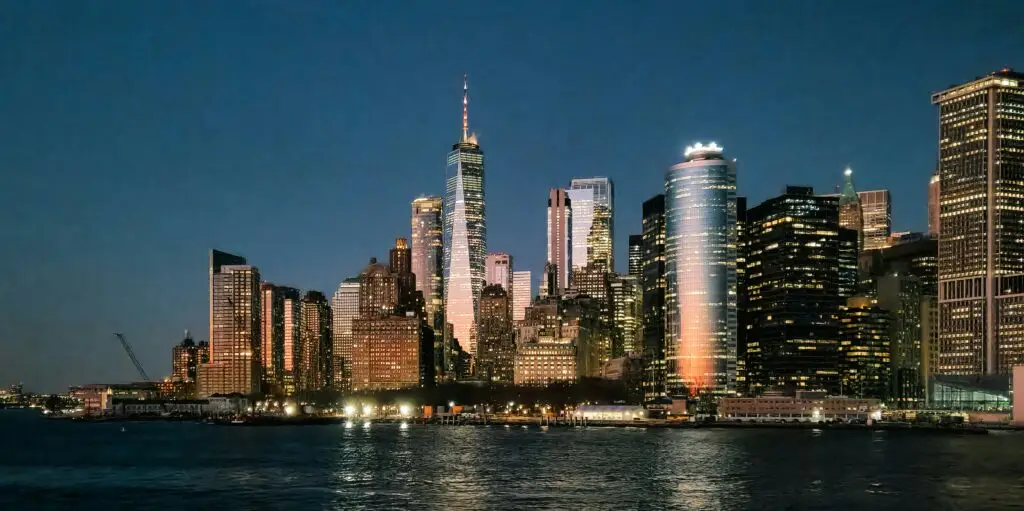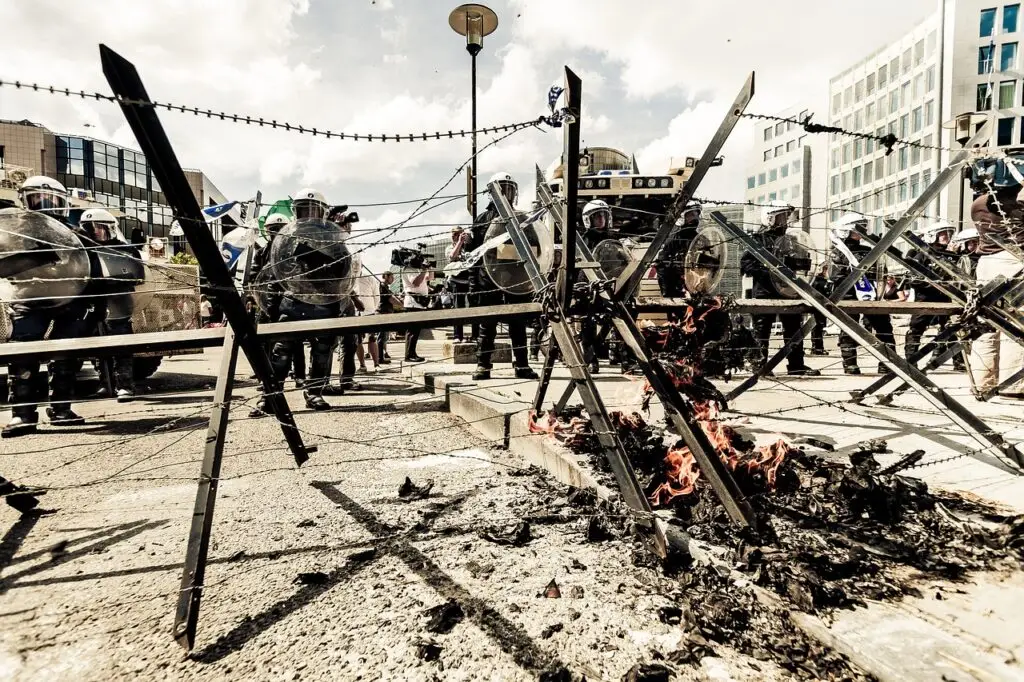100 Years ago Erik Satie died – Silent Punk and Revolutionary of His Time

On July 1st, 2025, we mark the 100th anniversary of Erik Satie’s death – a true oddball genius whose sparse piano works and ironic notation still feel fresh today. This article dives into the life and legacy of a man who drank too much absinthe, collected umbrellas like trophies, and composed some of the most quietly revolutionary music of the 20th century. From his only great love to his surreal friendships with Cocteau and Picasso, this is a deep but entertaining journey into the world of a man who was punk long before punk existed.
The Digital Echo: How Algorithms Shape Our Opinions and Divide Society

Algorithms no longer just shape our feeds — they shape our perception, influence our opinions, and drive societal division. In a world of filter bubbles and echo chambers, we only see what we already believe. This digital echo amplifies extreme views and undermines democratic discourse. This article explores how platforms operate, the dangers of disinformation, and what steps we can take to actively counteract these effects.
From Cult to Commerce – How Action Sports Brands Lost Their Soul to Investors

The often painful history of action sports brands like Quiksilver & Billabong. Born from riders, they battle authenticity vs. commerce. See how investors reshaped the scene and new brands rise.
Claudia Sheinbaum: Mexico’s First Female President

Claudia Sheinbaum, Mexico’s first female president, brings a unique background as a physicist and environmental scientist to the nation’s highest office. Her political rise began alongside Andrés Manuel López Obrador and led her to become mayor of Mexico City. Sheinbaum focuses on social reforms, the fight against drug cartels, and pragmatic foreign policy. Despite strong popularity, she faces criticism over security challenges, human rights issues, and her close ties to López Obrador.
The USA – From an Industrial to a Service-Based Economy: Why New Jobs Are Missing

The U.S. lost millions of industrial jobs, but the growing service sector couldn’t replace them. Service jobs tend to be lower-paying, and many lost factory jobs were replaced by these lower-wage positions. Additionally, most new jobs are in low-skilled services, not high-skill jobs. The shareholder-focused capitalism of the 1980s led companies to offshore production and cut jobs to increase profits. Automation has also replaced many industrial jobs, and even if companies return to the U.S., they may not create many new jobs due to high-tech automation.
Donald Trump’s Current Trade Policy: A Plan Hidden in Chaos

Trump’s three-phase strategy aims to reshape the global economic order in favor of the U.S. Initially, tariffs are used as a negotiating tool, followed by reciprocal tariffs to create fairer trade. The long-term goal is a new currency agreement that strengthens the U.S. dollar while allowing for its devaluation. This strategy carries significant risks: if it fails, it could lead to global fragmentation and a diminished role for the U.S. on the world stage.
Russia’s Covert and Hybrid Warfare: The Gerasimov Doctrine in Action

Russia’s hybrid warfare, driven by the Gerasimov Doctrine, combines military and non-military means to destabilize its opponents. Through covert operations, cyberattacks, disinformation, and economic pressure, Russia seeks to undermine democracies and expand its influence. The GRU, especially its Unit 29155, plays a key role in sabotage, assassinations, and destabilization efforts worldwide. The West faces an undeclared war, and Russia’s aggressive tactics pose a severe threat to global security and democracy.
Donald Trump’s latest tariff move has sent financial markets into turmoil – and now raises serious questions about possible market manipulation and insider trading.

Donald Trump’s tariff policies in April 2025 caused a massive stock market crash, only for the tariffs to be suspended shortly afterward, leading to a sharp market rally. Critics claim that Trump may have manipulated the market for personal gain, with his company TMTG benefiting from a significant stock price surge. There are also concerns about potential insider trading, as Trump’s public post urging investors to “BUY” coincided with his tariff reversal. These events raise serious questions about conflicts of interest, market manipulation, and the abuse of political power for financial advantage.
In Your Own World: Perception and Reality

Perception and reality are often not the same – everyone lives in their own world, shaped by personal experiences, beliefs, and filter bubbles. People like Vladimir Putin, who only gather information from filtered sources, or conspiracy theorists, who turn their fears into supposed truths, show how distorted reality can be. A person’s sense of fashion can also differ greatly from how others perceive it. Ultimately, it’s about regularly questioning your own perception and approaching others with empathy, especially those who live in their own reality.
Twilight of Democracy: How Oligarchs Are Driving Capitalism into Fascism

Capitalism is at a crossroads. As oligarchs accumulate unprecedented wealth and power, inequality rises, threatening democratic values. History shows that economic instability often paves the way for fascism—is history repeating itself? This article explores how short-term profit motives, political manipulation, and the erosion of the middle class create a dangerous spiral. Where does this path lead? Can capitalism be reformed for fairness, or are we heading toward an authoritarian future?